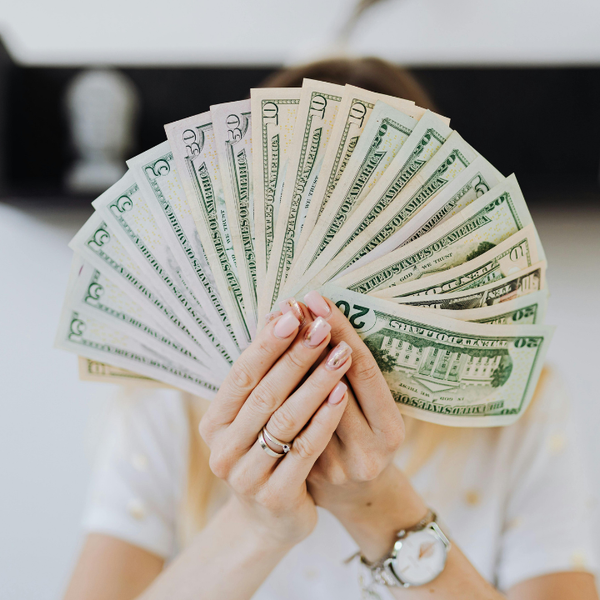PAC exposes PKR 300 billion sugar windfall, alleges elite capture and regulatory failures
PAC Chairman Junaid Akbar Khan said the profits were concentrated among just 42 families
Business Desk
The Business Desk tracks economic trends, market movements, and business developments, offering analysis of both local and global financial news.

Granulated white sugar is seen in this picture.
Pakistan’s public accounts committee (PAC) on Tuesday revealed staggering profits, regulatory lapses, and deep political entanglements within the country’s sugar industry, as lawmakers engaged in a heated session marked by cross-party clashes.
The auditor general’s report disclosed that sugar mills earned PKR 300 billion in profits since the government began regulating sugar prices. PAC Chairman Junaid Akbar Khan said the profits were concentrated among just 42 families.
PAC member Khawaja Shiraz criticized the country’s policy direction, contrasting it with India’s deregulated sugar pricing. He also noted that “local jaggery (desi khand) production is banned” in Pakistan. “People are beaten with sticks and harassed by police for trying to produce it,” he said.
Committee member Fauzia Rashid proposed easing licensing restrictions to allow more sugar mills and promote competition. Shiraz further pointed out that, according to the Industry Secretary, some government departments recommended removing all taxes on imported sugar to reduce prices.
The industry secretary informed the committee that sugar imports cost $560 per metric ton, and a government committee is seriously considering deregulation of the sugar sector.
The federal board of revenue (FBR) presented export data during the session, revealing that sugar had been exported to 21 countries, including Afghanistan, Thailand, Tajikistan, Bangladesh, Sri Lanka, Saudi Arabia, China, Vietnam, and the UAE. Exports to Afghanistan alone were valued at PKR 73 billion, prompting Junaid Akbar to question how much of that sugar was smuggled back into Pakistan.
Shiraz demanded transparency on sugar mill ownership. Committee member Aamir Dogar alleged that former President Asif Ali Zardari owns the most mills, followed by Jahangir Tareen and the Sharif family, including Prime Minister Shehbaz Sharif.
“The sugar mafia continues to strangle this country’s entire system,” Dogar said, prompting a sharp exchange with Senator Afnan Ullah, who challenged Dogar’s own party’s funding sources.
Shazia Marri, another PAC member, criticized the politicization of the debate and called for evidence-based accountability. “Who doesn’t know Zardari owns all the sugar mills in Sindh?” Dogar replied. Marri responded, “If you want political scoring, the floor is open.”
Sanaullah Masti Khel accused successive governments of profiteering through sugar and wheat deals. “Pakistan is my mother. I would die for it, but we will not stay silent on this theft—even if we’re shot,” he declared.
As tensions escalated, Bilal Ahmed Khan urged Dogar to retract his remarks, warning that “it would be in his best interest.”
Despite the fiery exchanges, Khawaja Shiraz stressed that the issue transcends party lines. He questioned why sugar mills operate in cotton-growing zones, despite supreme court directives prohibiting it.
The committee also raised concerns over the unexplained PKR 2 monthly increase in ex-mill sugar prices. “The pricing mechanism does not permit arbitrary price hikes,” said Moin Amir.
“For the poor, sugar is often the only source of nutrition left,” Amir concluded.
The PAC session closed with calls for greater transparency, deregulation, and accountability in the sugar sector. However, the path to reform remains entangled in political interests and elite influence.










Comments
See what people are discussing